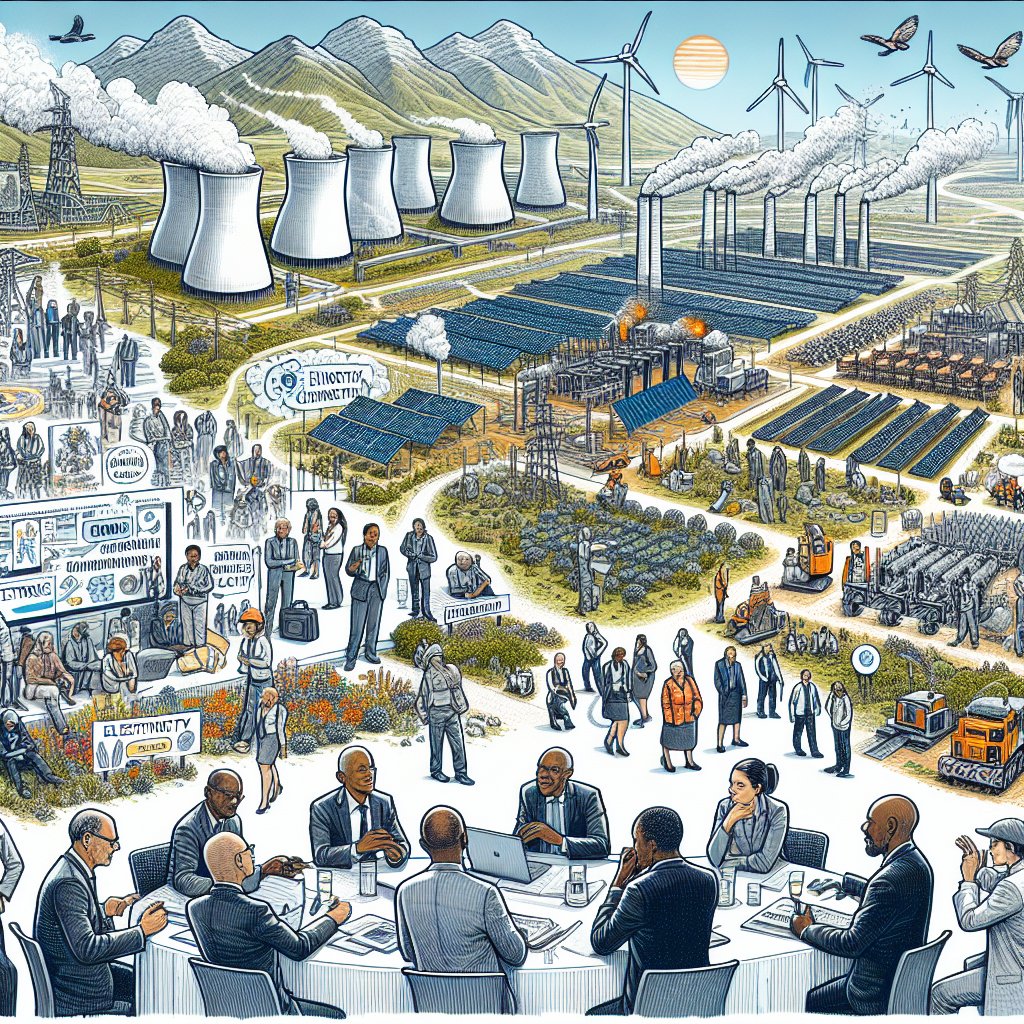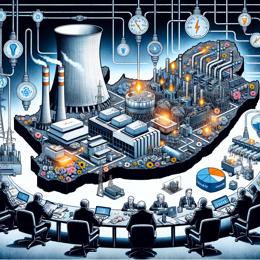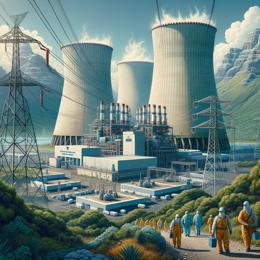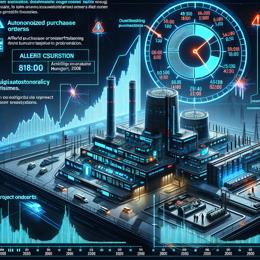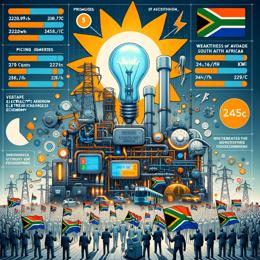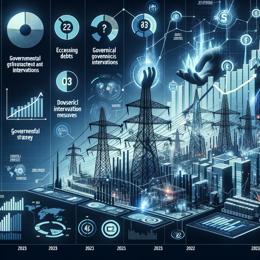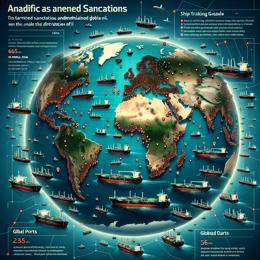Image created by AI
South Africa's Just Energy Transition: Equitable Benefits and Local Government Role Highlighted
In a pivotal statement that could define the road ahead for South Africa’s energy production, Deputy Minister of Forestry, Fisheries and the Environment, Narend Singh, underscored the critical need for an equitable distribution of benefits arising from renewable energy projects in the country. Addressing a national workshop in Pretoria, Singh shed light on the complex challenges accompanying the move from a coal-dominant economy to a more sustainable and clean energy-based future.
As the Deputy Minister rightly pointed out during the National Consultative Workshop on Early Warnings for All (EW4All), the transition to a low carbon economy brings with it the dual challenges of potential job losses in the coal industry and the necessity of making renewable technologies affordable for all. Singh’s emphasis on handling the transition with humanity through support and training for the affected workforce illustrates a recognition of both the environmental imperatives and social responsibilities.
South Africa’s just energy transition aims to refocus the country's energy sector, transitioning from coal dependency to cleaner energy sources. The direction set forth includes not only national renewable energy policies and targets but also a clear roadmap liberally laced with community participation. Singh posited that community ownership in energy projects is not just a policy choice but an essential component to guarantee that the transition is felt positively across different strata of society.
Much of the Deputy Minister’s address was dedicated to acknowledging that an equitable just energy transition is not limited to policies alone. Instead, it requires a collective approach involving government, the private sector, civil society, and individuals – an all-hands-on-deck strategy aimed at harnessing the potential of renewable energy for sustainable development.
The local government was identified as a key player in this process, being at the 'coal face' of translating national policy, legislation, and regulation into actionable outcomes. Calling for a back-to-basics approach, Singh emphasized the local government's role in service delivery and innovation, which are critical for a successful transition.
Electricity stands out as a cornerstone that will not only power industrial growth and drive the economy but also support inclusivity. However, Singh did not downplay the immense challenges, including the pressure on GDP growth posed by legacy issues like environmental degradation and health problems due to the long-standing use of coal.
In conclusion, Deputy Minister Singh's rhetoric reflects a blend of pragmatism and optimism. South Africa's progress, Singh suggests, is inextricably tied to its ability to successfully navigate the energy transition that aligns with its national environmental, economic, and social goals. The clarion call is for a future where sustainable energy is at the helm of progress, ensuring inclusivity and resilience.
